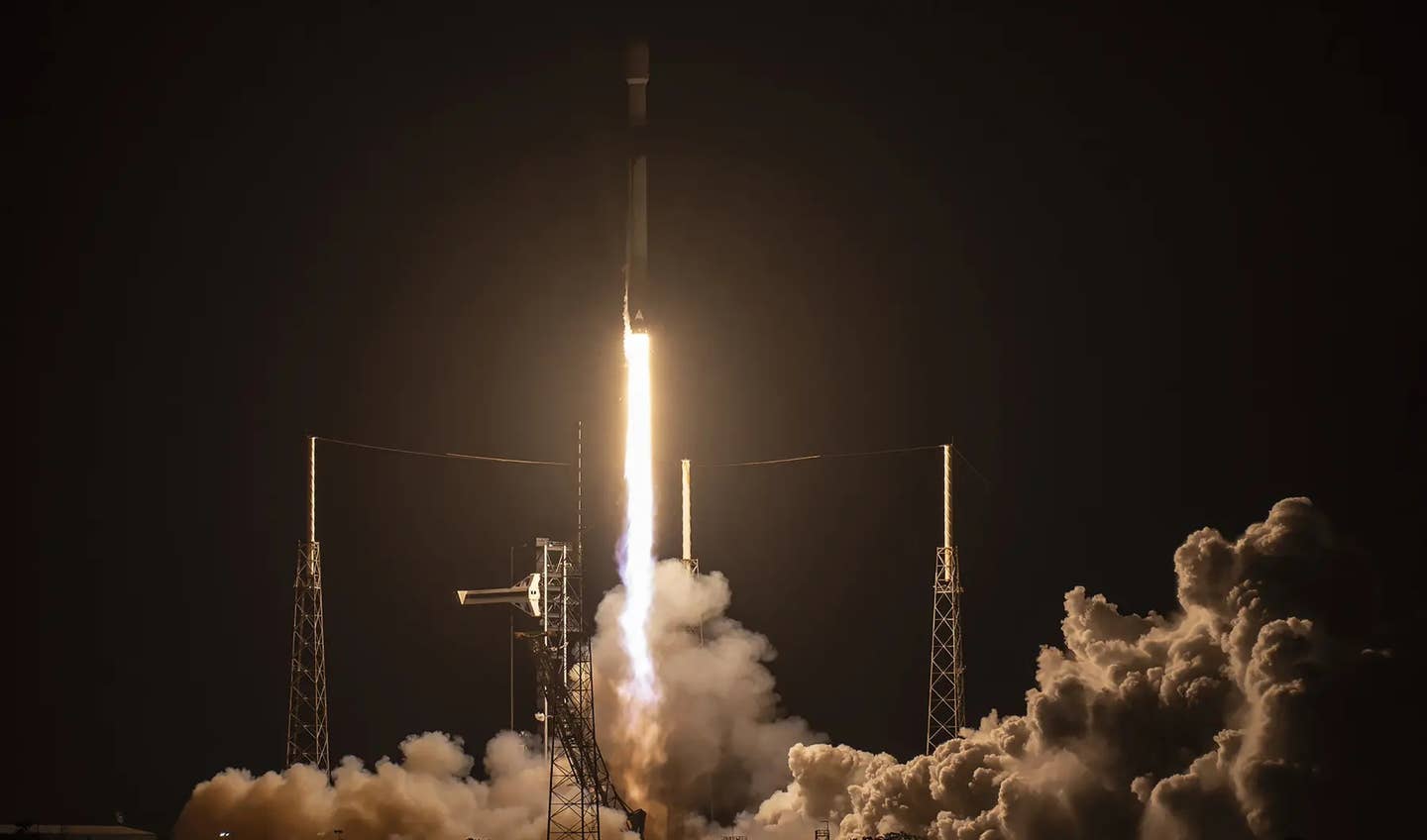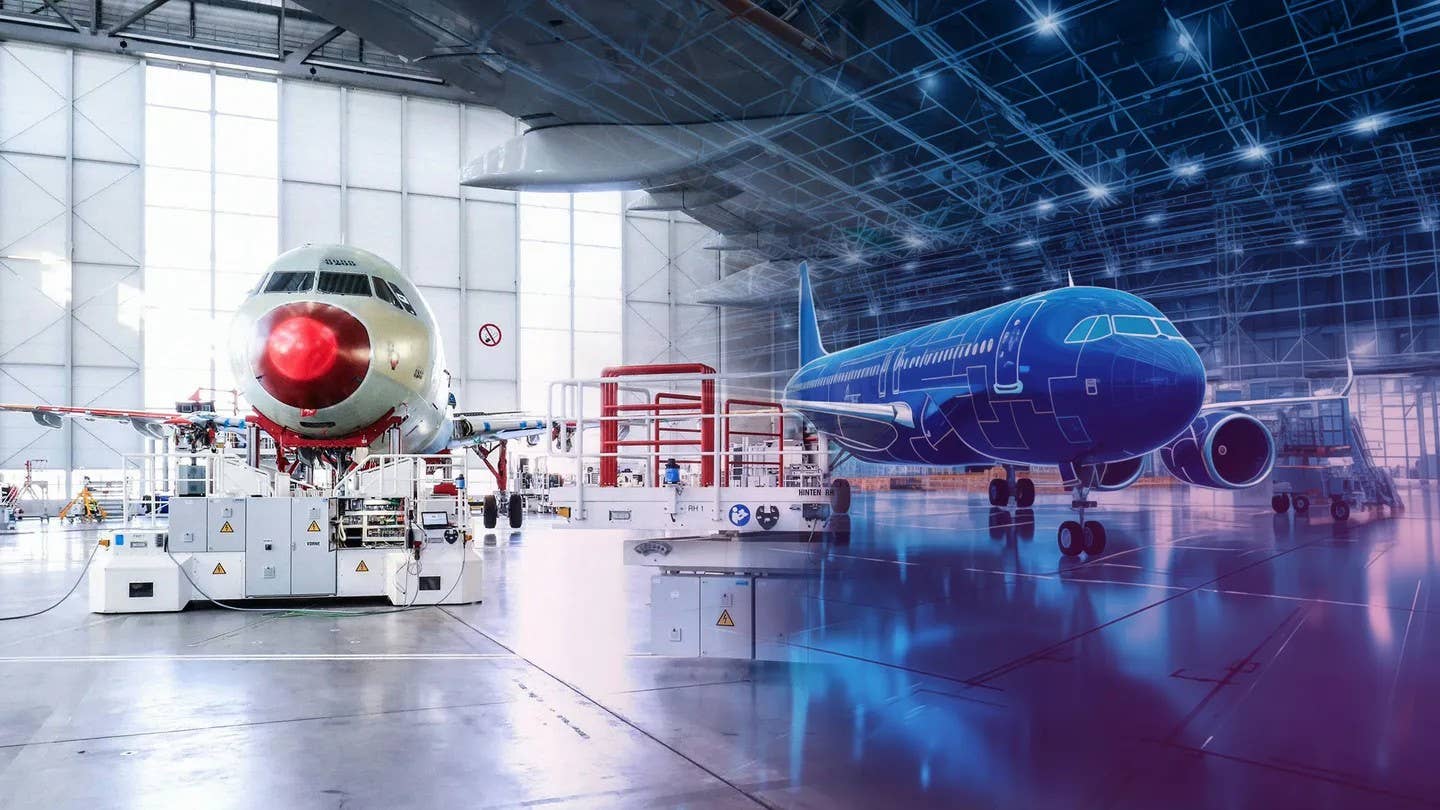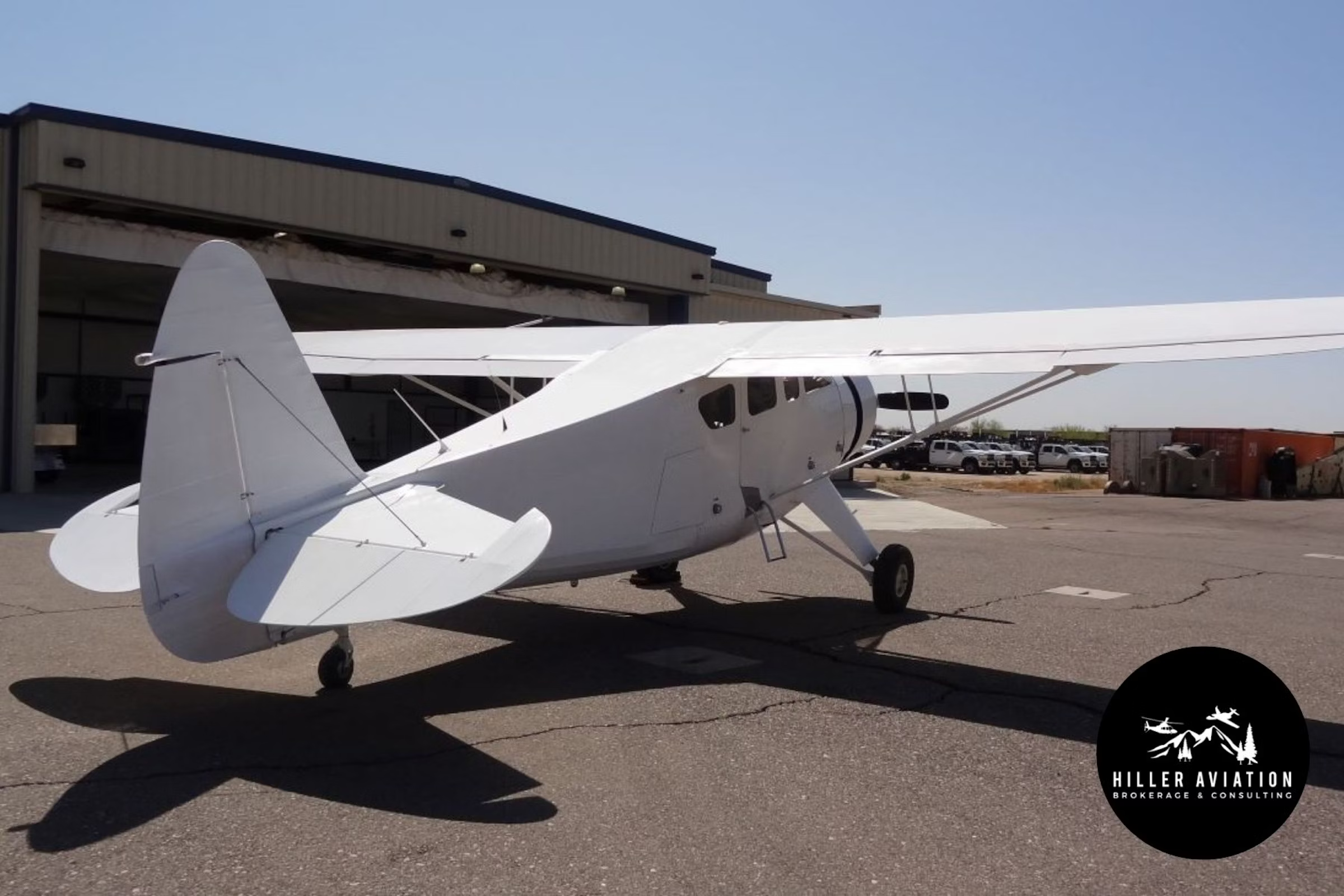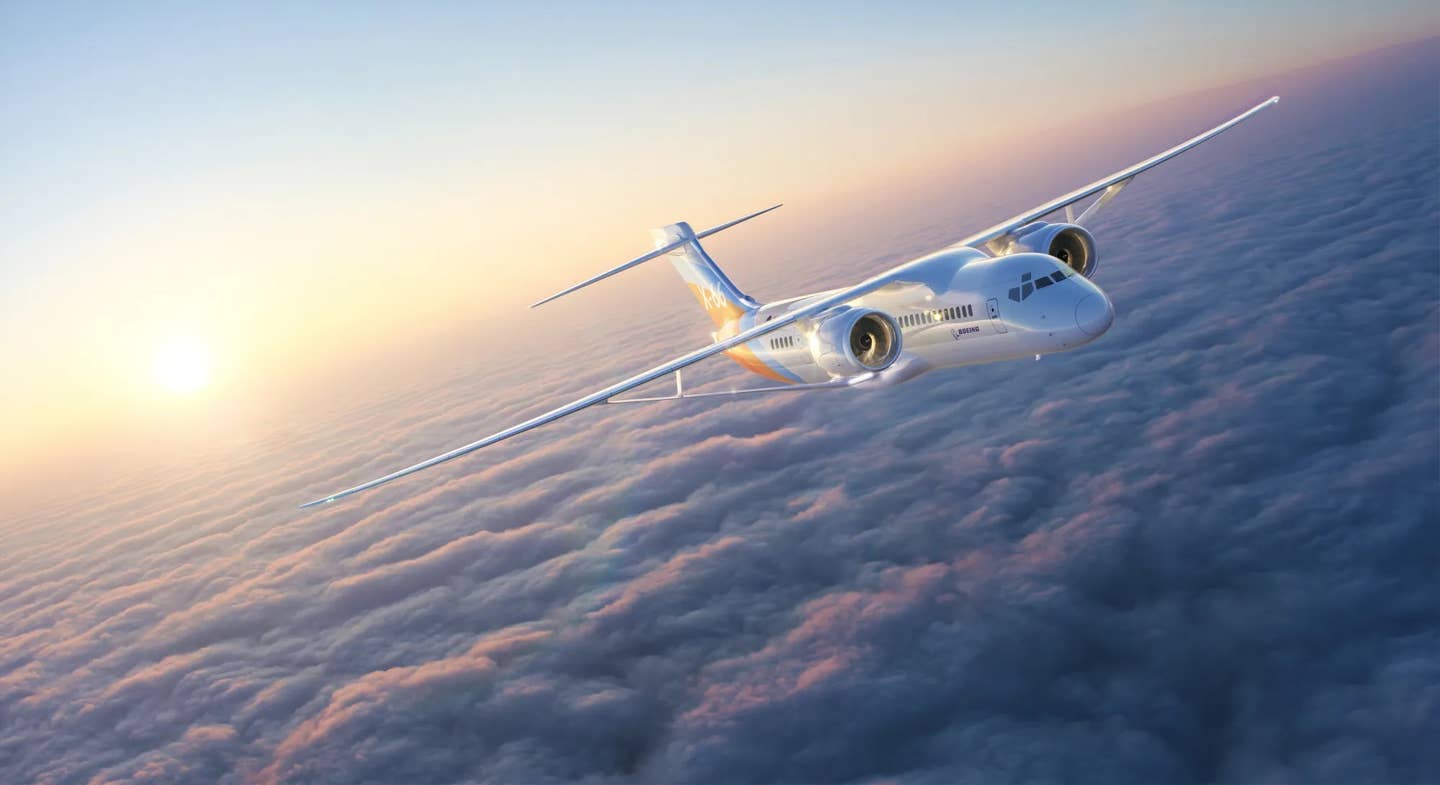Airbus, LCI Collaborate to Develop Advanced Air Mobility Ecosystems
The partners will create AAM forecasts, perform industry research, and use data analytics to develop solutions for AAM fleets, operations, and infrastructure.
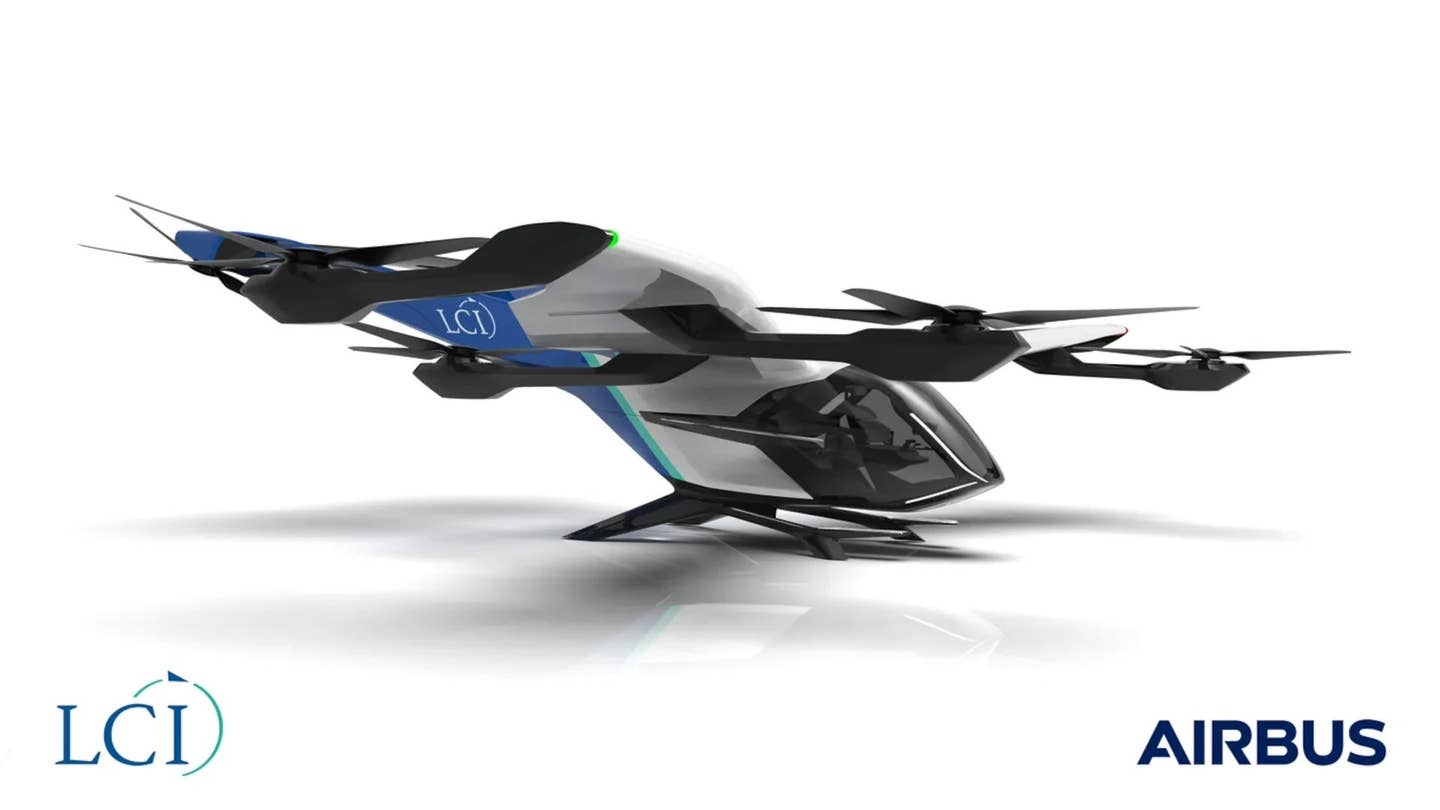
Airbus and LCI will explore leasing and financing arrangements for customers of the CityAirbus NextGen eVTOL air taxi. [Courtesy: Airbus]
The world’s largest manufacturer of airliners is looking to build the ecosystem for an entirely new kind of aircraft.
Airbus on Tuesday announced an agreement with international helicopter and fixed-wing lessor LCI to jointly set the stage for advanced air mobility (AAM) operations of emerging aircraft, including electric vertical takeoff and landing (eVTOL) air taxis and other electric models. The collaboration will hone in on three key areas: AAM strategy, commercialization, and financing.
The partners will study AAM market perspectives and forecasts, conduct industry research, and leverage data analytics to uncover new applications and missions. They will also develop new AAM solutions, exploring the commercialization of aircraft fleets, batteries, and charging networks.
“For two decades, LCI and Airbus have delivered capacity and financing solutions to airlines and operators across the globe, and we are now extending that to advanced air mobility,” said Jaspal Jandu, CEO of LCI. “Transportation and logistical networks have a duty to be efficient, sustainable, and scalable. Both LCI and Airbus take a holistic and pragmatic view of advanced air mobility, including vehicles and also infrastructure, financing, and network adoption.”
Under the agreement, LCI will become a “key financial partner” for certain Airbus AAM projects, such as those focused on emergency medical services. The lessor will use its network to boost global adoption and acceptance of emerging aircraft. It also intends to explore leasing and finance solutions for potential buyers of the CityAirbus NextGen, Airbus’ flagship eVTOL air taxi model.
The all-electric CityAirbus NextGen is designed for a pilot to fly up to four passengers, with a 50 sm (43 nm) operational range and 75 mph (65 knots) cruise speed. The model includes fixed wings, V-shaped tail, and distributed electric propulsion system that powers eight electric propellers.
Airbus finalized assembly of the first CityAirbus NextGen model and powered on the aircraft at the end of 2023. The next phase will be a test campaign using the manufacturer’s new AAM test center in Donauwörth, Germany. Those flights represent a step toward type certification of the aircraft with the European Union Aviation Safety Agency (EASA).
“We are excited to extend our long-standing relationship with LCI, an innovative lessor that is globally unique in its positioning across the commercial fixed-wing, helicopter and AAM sectors,” said Balkiz Sarihan, CEO and head of urban air mobility (UAM) at Airbus. “LCI’s combination of operational expertise, customer networks, and financial insights complements Airbus’ technical innovation in flight technologies and will enable us to collectively drive the development of advanced air mobility.”
Airbus is working with Groupe ADP, the organization that manages Paris’ international airports, and regional French authorities to fly the CityAirbus NextGen at the 2024 Olympic Games in the nation’s capital, where other manufacturers such as Germany’s Volocopter and China’s AutoFlight also intend to demonstrate their respective air taxis.
Recently, the company stepped up its partnership for the aircraft’s rollout in Italy, where it is working with ITA Airways, the country’s flag carrier, to build a nationwide AAM ecosystem. It added vertiport operator UrbanV and green energy company Enel, which will assist airports with the transition to electric infrastructure, to the partnership. Prior to the initial partnership announcement in 2022, ITA purchased 28 Airbus aircraft, leasing another 56 following the agreement.
Beyond CityAirbus, the manufacturer is developing four low-carbon ZEROe aircraft concepts, each powered by hydrogen and built to fly 100 to 200 passengers. It hopes to introduce a commercial, low-carbon aircraft by 2035 and recently partnered with four Scandinavian firms to study hydrogen infrastructure at airports in Norway and Sweden.
Airbus U.S. Space & Defense, meanwhile, launched a dedicated drone and uncrewed aircraft systems (UAS) business in November, signaling its interest in self-flying electric aircraft. Airbus already produces several UAS—such as the long-range, high-flying Zephyr—but last month expanded its portfolio with the acquisition of Aerovel by Airbus Helicopters.
Like this story? We think you'll also like the Future of FLYING newsletter sent every Thursday afternoon. Sign up now.

Sign-up for newsletters & special offers!
Get the latest FLYING stories & special offers delivered directly to your inbox

